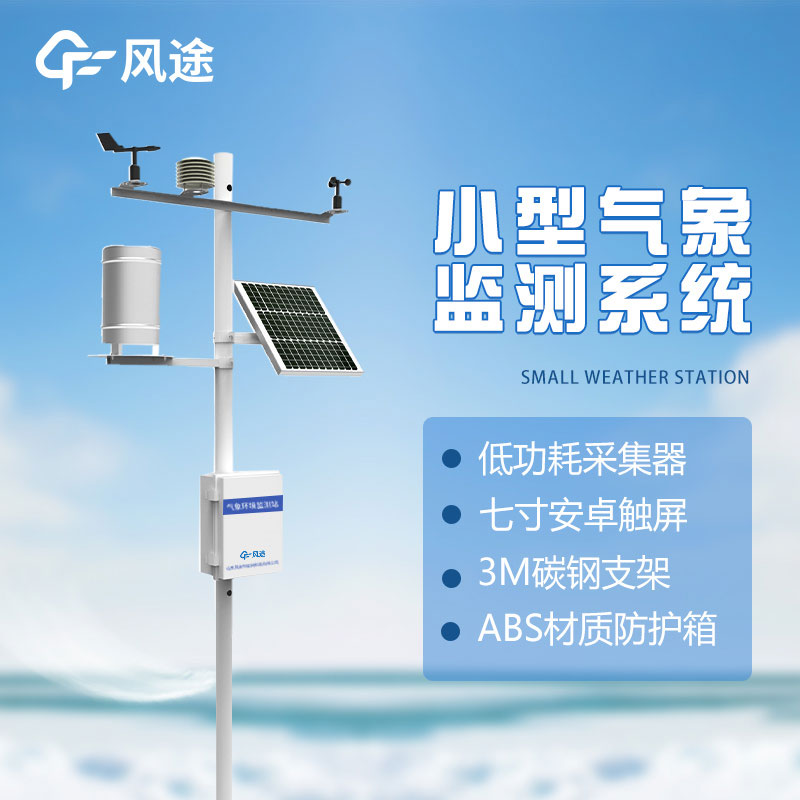Meteorological environment monitoring equipment supplier
Insist on doing high-precision customer favorite technology products
Data collectors play an important role in weather stations. It is a device specifically designed to collect, record and transmit meteorological observation data. In the weather station, it can be connected to various meteorological sensors, such as temperature, humidity, air pressure, wind speed, precipitation and other sensors, responsible for receiving the analog or digital signals generated by the sensors, and converting them into a digital format that can be processed.
Data collectors are an integral part of a weather station. Through the data collector, the meteorological station can collect, store and transmit the meteorological observation data, realize the long-term record and real-time analysis of the data, and provide an important data basis for meteorological research, forecast and application.
When the data collector completes the function of data collection, recording and transmission in the weather station, the data can be used for a variety of meteorological applications, including but not limited to the following:
Weather forecast: The long-term record of meteorological observation data combined with meteorological models and algorithms can realize weather forecast and trend analysis. Thus, the weather forecast is more accurate and reliable, which is conducive to the rational decision of agriculture, aviation, energy and other sectors.
Climate research: The historical meteorological data recorded by the data collector can be applied to the study of climate change and long-term climate trends. It is of great significance to the verification of climate models, the analysis of climate change, and the decision-making of environmental protection.
Disaster early warning: the timely collection and transmission of meteorological observation data can be applied to disaster early warning system. For example, through the monitoring of wind speed and precipitation, natural disasters such as typhoons and rainstorms can be warned in advance, and early warning information can be provided to ensure the safety of the public and property.
Aviation and Navigation: Meteorological observation data are important for aviation and navigation safety. Data collectors are set up in airports, ports and other places to provide timely and accurate meteorological data for flight, navigation, port operation and other relevant decisions in aviation and navigation business.
Urban planning and architectural design: Meteorological observation data help urban planners and architectural designers to understand climatic conditions, improve the built environment, and take energy saving measures. For example, the analysis of temperature, humidity and other data can design a reasonable ventilation and air conditioning system to improve the energy efficiency of the building.
In short, the data collector plays a key role in the weather station, through the collection, recording and transmission of meteorological observation data, provides the necessary data support for meteorological research, prediction and application, and promotes the better use and application of meteorological information in all walks of life.
